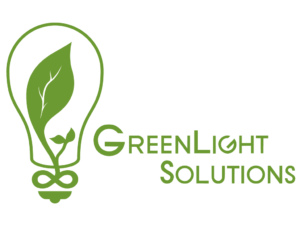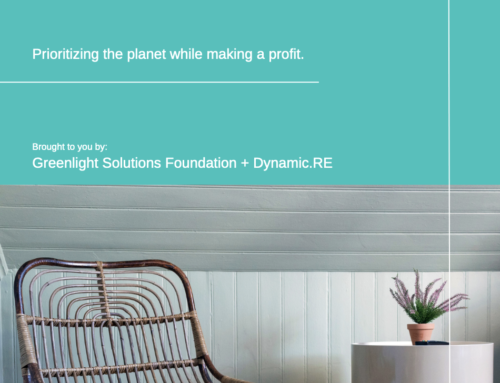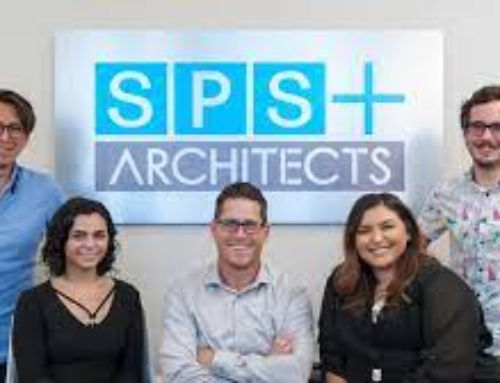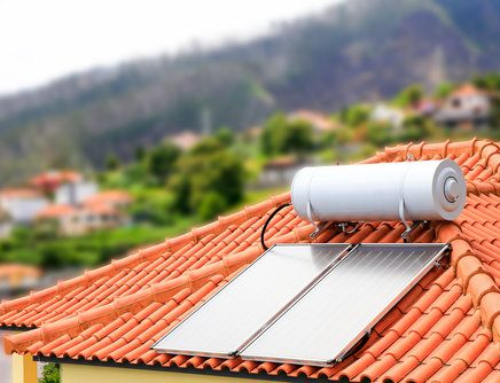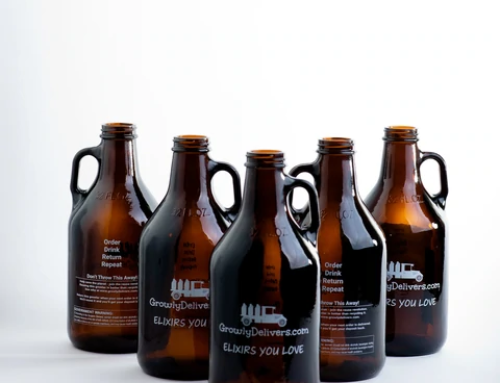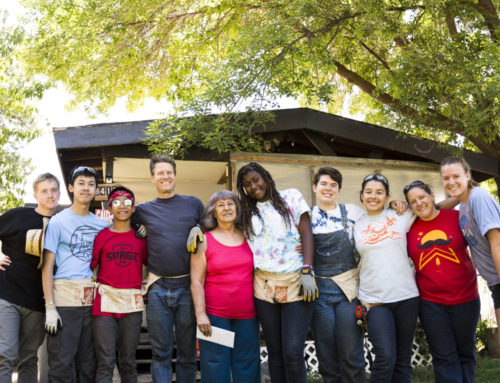Our world is full of finite natural resources, and it takes these resources to create everything in our economies; currently, such as water and fossil fuels. Needless to say, everything we have is because of the wonderful planet we call home. Without the environment, we have nothing. There are no jobs on a dead planet.
The circular economy provides an alternative to the traditional linear economy (take-make-waste model). Circular economics teaches us to use resources as long as possible by extracting their highest value and regenerating products indefinitely. This is exactly what my wonderful team and I have been working on all semester.
From the Great Pacific Garbage Patch, the staggering length of time it takes to break down plastic, and the shocking amount of water and energy it takes to recycle, most people are well aware humans have a major plastic problem.
Three ASU masters students, Brian Boyle, Andrew De Los Santos, and Matthew Burmeister realized this issue and researched how to tackle this problem. Their solution? Acquire a 3D printer and Protocycler, which shreds and extrudes plastic bottle caps into the filament for 3D printing. The team established a “Collect the Cap” program to collect plastic bottle caps. Next, they planned to give demonstrations for underserved highschools, teaching circular economy, technology, and sustainability, and raise awareness for career paths in these areas. In order to acquire the technology, the team competed in the Microsoft Community Impact Pitchoff and won! Cool, huh? It gets better.
In order for the Circular Classroom to live on after their graduation, the students decided to pass on the project (and the technology) to GreenLight Solutions Foundation. Here at GreenLight, we were excited for the opportunity to continue this work. Our team instantly jumped into action and began calling high schools around the valley. Towards the end of the semester, we formed a partnership with our first school, Skyline High School, and scheduled seven class periods to present to in the spring of 2021. To get some practice using the Protocycler and 3D printer, we’ve printed a keychain, a small sphere, and a reusable cup. We also expanded our “Collect the Cap” program by distributing our bins to various dorms, contacting multiple companies, and partnering with the Memorial Union at ASU. This can be the start of a local solution for plastic bottle cap pollution.
This is only part of the bigger goal for our project. Our plan next semester is to create a live demonstration and video about circular economics and use the 3D printer as a demonstration at Skyline High School. We will also continue our “Collect the Cap” program to ensure an endless supply of caps for our project.
The Protocycler and 3D printer are symbols of how we can understand more about circular economies and use them as a teaching tool to inspire the next generation to start their career paths with a sustainability perspective. This is just a brief insight on our progress with the Circular Classroom as we continue to educate and develop the next generation into creating a green, better future for all.
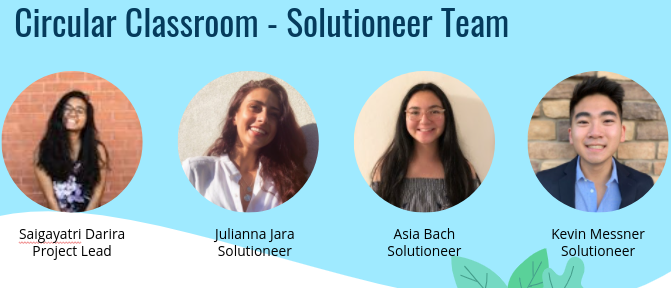
Written by Saigayatri Darira
Project Lead: Saigayatri Darira
Project Team: Asia Bach | Julianna Jara | Kevin Messner
Thank you for reading our blog! Leave a comment & share on social media.
➡ Get involved: Businesses | Students | Professionals | Colleges | Volunteer
➡ Support our sustainability initiatives: Donate Now | Give Monthly | Sponsor
➡ Follow us on social media: Facebook | LinkedIn | Instagram | Twitter
